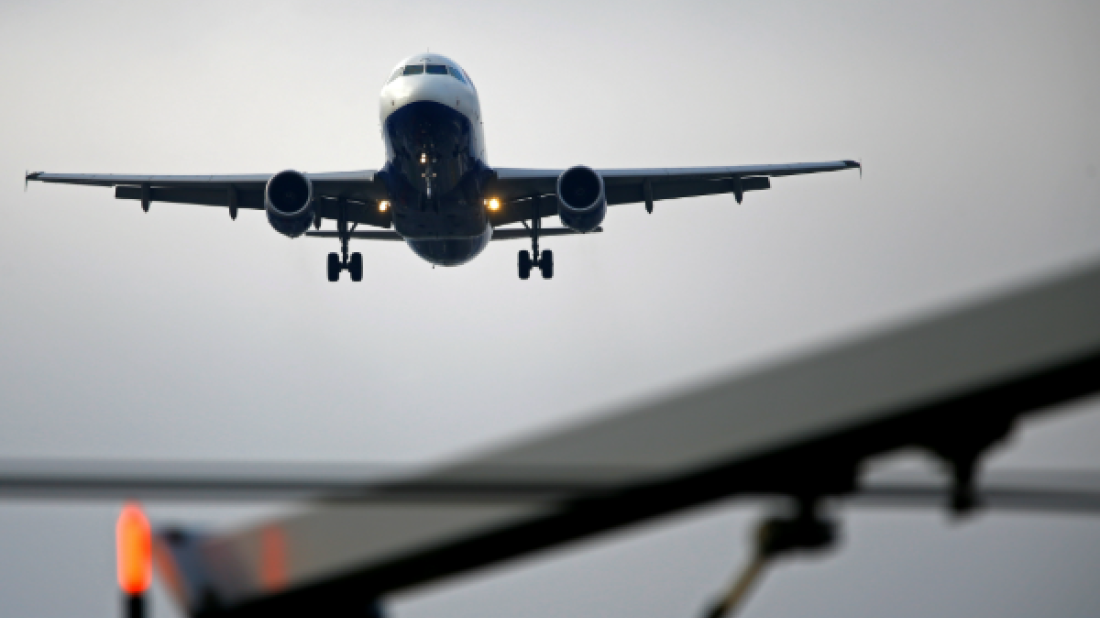Georgia strengthens Armenia ties to secure transit role and support South Caucasus connectivity
Georgia is increasing its focus on regional connectivity and infrastructure cooperation with Armenia, as competition over new transport routes and cha...

As EU ministers debate potential changes to air passenger compensation laws, European airlines face a critical choice: cut costs or protect customer trust in an era where disruption is inevitable—and loyalty is everything.
The European Union is poised to make a pivotal decision on the future of air travel as it debates overhauling its passenger compensation rules. With the summer travel season heating up, carriers like Lufthansa, Air France, KLM, Ryanair, EasyJet, British Airways, Iberia, and others face high stakes that could redefine their relationships with millions of passengers.
Currently, EU law entitles travelers to compensation of up to €600 in cases of long delays, cancellations, or denied boarding. But with mounting pressure from airlines over post-pandemic operating costs, proposals are now on the table to reduce payout thresholds or redefine eligibility altogether.
Airlines argue that soaring expenses—from labour shortages and fuel volatility to climate-related disruptions—are rendering the existing system unsustainable. Yet consumer advocates warn that rolling back protections could deal a heavy blow to trust in an industry already grappling with customer dissatisfaction.
According to Tara, co-founder and CEO of airline disruption payment platform Swiipr, “Compensation is about more than regulation—it’s about customer experience and brand building.” She stressed that even if rules change, airlines should continue to lead with empathy, not minimal compliance.
“Nearly half of all travelers say one bad experience is enough to walk away from a brand. And it’s six to seven times more expensive to acquire a new customer than retain an existing one. Airlines must see disruption not just as a cost center but as a loyalty opportunity.”
With tens of millions of passengers affected by flight disruptions each year, the long-term economic loss from eroded loyalty could far outweigh any short-term savings. The reputational risks—amplified by social media and online reviews—are just as real.
Some airlines are already leaning into digital solutions to improve the compensation experience. Automated refund systems, pre-loaded payment cards, and real-time messaging show passengers that they’re supported—even when things go wrong.
These innovations not only ease operational strain but also offer valuable data on disruption trends and customer behavior. More importantly, they reflect a growing shift toward proactive, customer-centric strategies in aviation.
Still, the EU’s regulatory decision looms large. Transport ministers meeting this week will weigh the economic realities of airline operations against the need for robust consumer protection.
Whatever the outcome, experts agree that airlines can’t afford to treat compensation as a checkbox. In today’s competitive landscape, how a company responds to a crisis matters as much as what went wrong.
If airlines choose to minimize payouts without offering alternative forms of support, they risk losing customer loyalty at scale. If, instead, they invest in transparent, empathetic disruption management, they may emerge stronger—both financially and reputationally.
A seven-month-old Japanese macaque has drawn international attention after forming an unusual bond with a stuffed orangutan toy after being rejected by its mother.
Divers have recovered the bodies of seven Chinese tourists and a Russian driver after their minibus broke through the ice of on Lake Baikal in Russia, authorities said.
Pakistan said it carried out cross-border strikes on militant targets inside Afghanistan after blaming a series of recent suicide bombings, including attacks during the holy month of Ramadan, on fighters it said were operating from Afghan territory.
Italy said a fond farewell to the Winter Olympics on Sunday with an open-air ceremony in the ancient Verona Arena that celebrated art and sporting achievement at a Games lauded as a model for how to stage such events.
Ukraine’s President Volodymyr Zelenskyy has approved new sanctions targeting Russian maritime operators, defence-linked companies and individuals connected to Moscow’s military and energy sectors, according to official decrees issued on Saturday.
The United Nations mission in Afghanistan said on Monday it had received “credible reports” that at least 13 civilians were killed and seven others injured in overnight Pakistani airstrikes inside Afghanistan.
The former British ambassador to the U.S. Peter Mandelson has been arrested by police in London on suspicion of misconduct in public office.
At least 25 members of Mexico's National Guard have died during a wave of violence in the state of Jalisco after the killing of a drug lord, the country's security minister has said.
The European Parliament on Monday (23 February) postponed a vote on the EU’s trade deal with the U.S. after President Donald Trump imposed a blanket 15% import duty.
The U.S. Supreme Court has overturned key elements of President Donald Trump’s global tariff policy, creating uncertainty ahead of his March meeting with China’s Xi Jinping. The ruling raises fresh questions about the future of U.S.-China trade relations and the stability of the global economy.
You can download the AnewZ application from Play Store and the App Store.

What is your opinion on this topic?
Leave the first comment